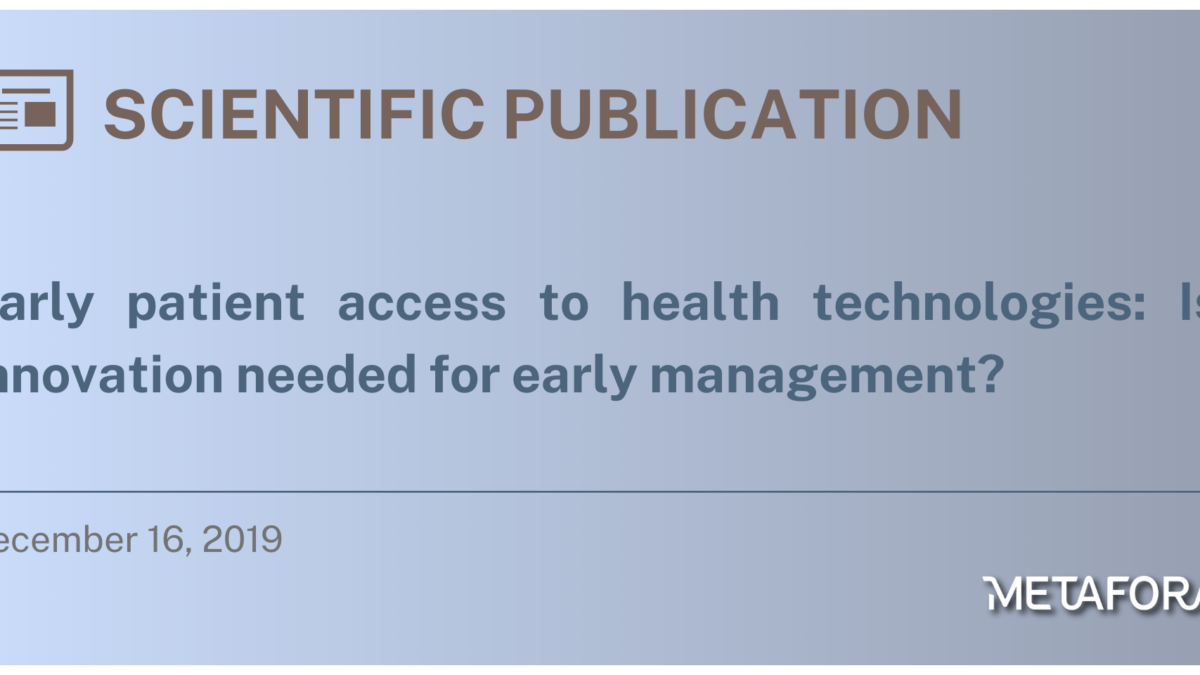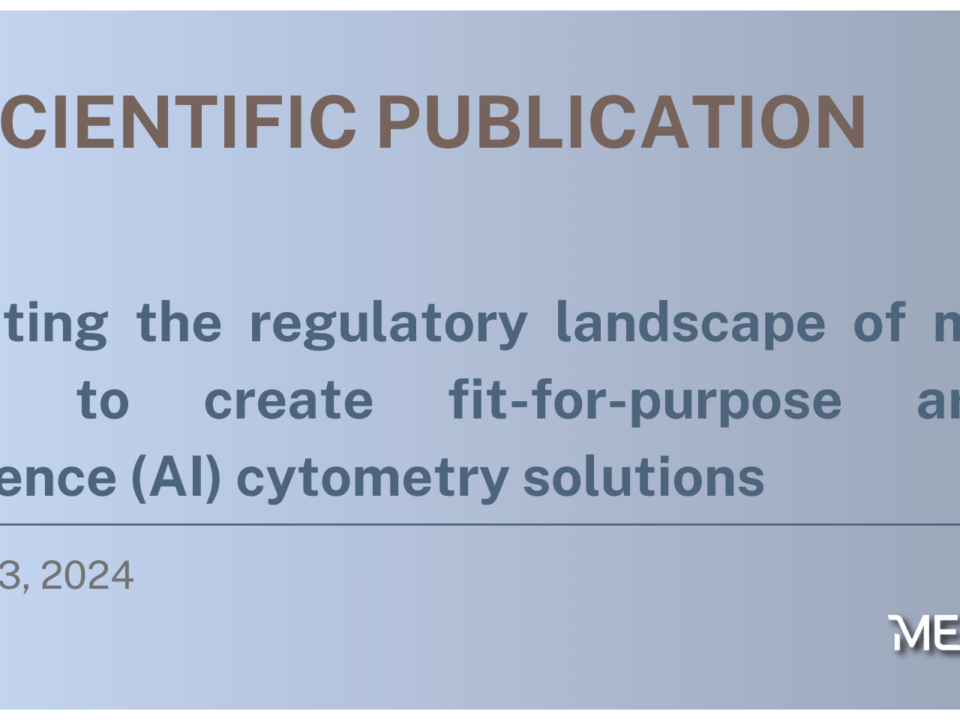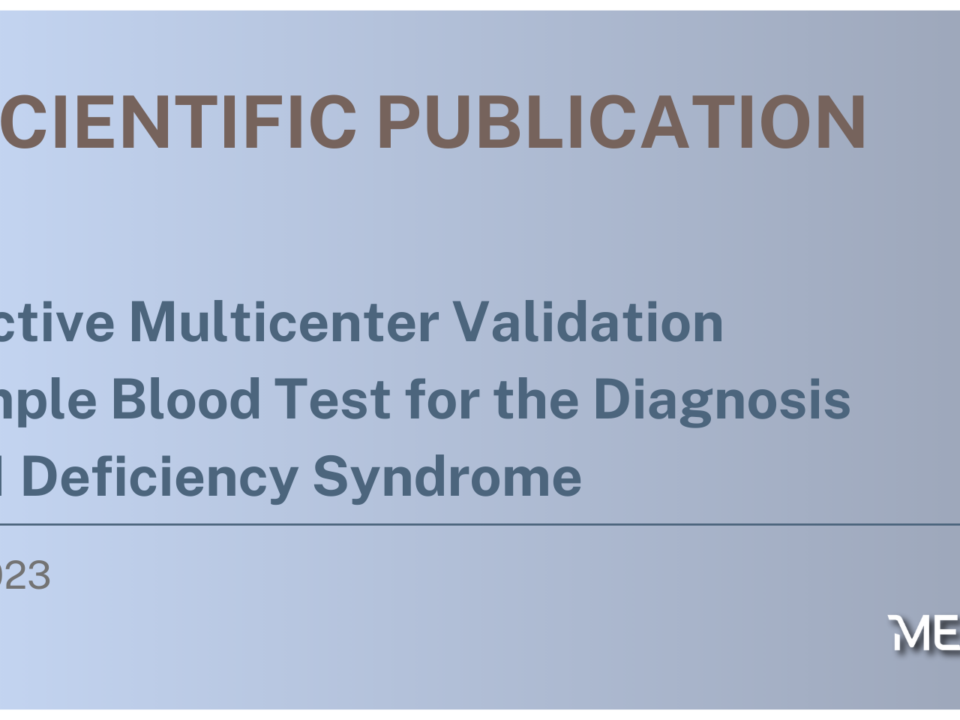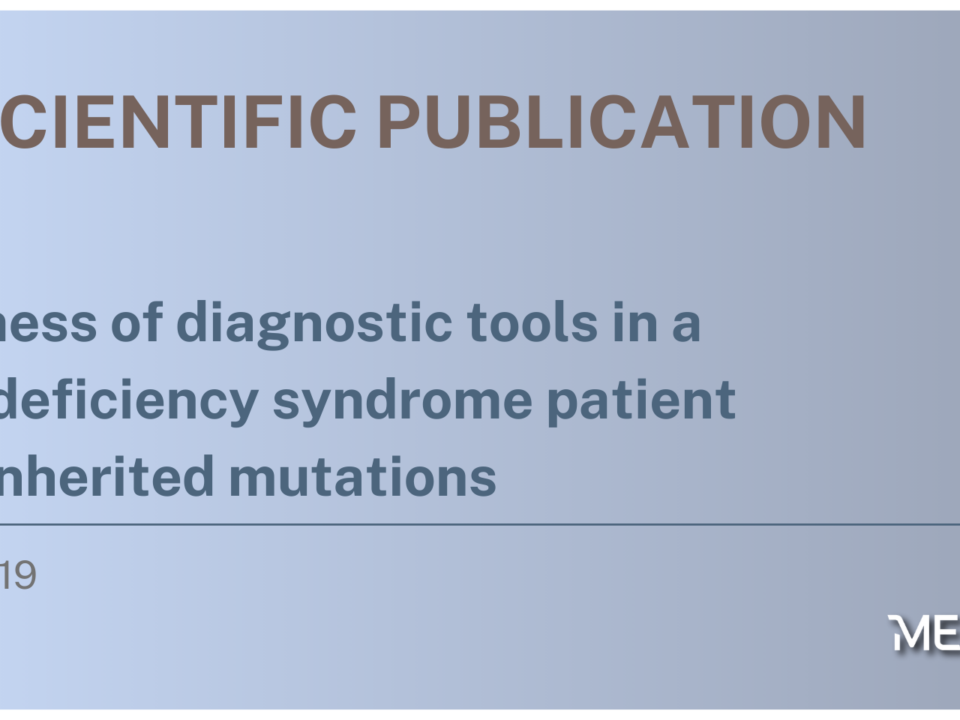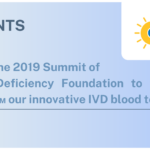
Attending the 2019 Summit of the Glut1 Deficiency Foundation to talk about METAglut1™ our innovative IVD blood test
July 11, 2019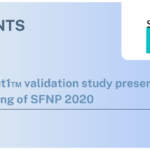
New results on METAglut1™ validation study presented at the meeting of SFNP 2020
January 15, 2020Early patient access to health technologies: Is innovation needed for early management?

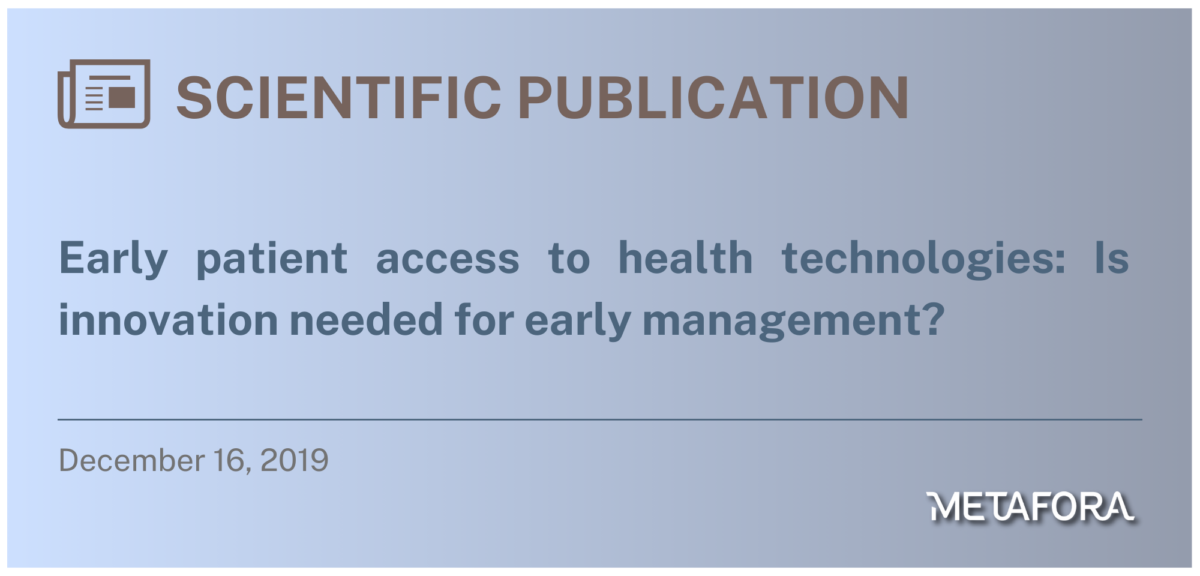
December 16, 2019.
[SCIENTIFIC PUBLICATION] Company
SCIENTIFIC PUBLICATION
Early patient access to health technologies: Is innovation needed for early management?
Affiliations
1HAS, 93210 Saint-Denis, France.
2SNITEM, 92400 Courbevoie, France. Electronic address: dorothee.camus@snitem.fr.
3SNITEM, 92400 Courbevoie, France.
4Ministère des solidarités et de la santé, 75350 Paris, France.
5PAST Conservatoire National Arts et Métiers, 75003 Paris, France.
6Mauna Kea Technologies, 75010 Paris, France.
7AGEPS-AP-HP, 75005 Paris, France.
8Sorbonne Université, Inserm, institut Pierre Louis d’épidémiologie et de santé publique, 75013 Paris, France.
9Hospices civils de Lyon, 69002 Lyon, France.
10Collectif national des associations d’obèses, 92800 Puteaux, France.
11URGO, 75016 Paris, France.
12Hôpital européen Georges-Pompidou, 75015 Paris, France.
13Hôpital Raymond-Poincaré, 92380 Garches, France.
14Metafora Biosystems, 75014 Paris, France.
15Pneumrx, EC4M 7RD Londres, Royaume-Uni.
16Edwards Lifesciences, 78000 Guyancourt, France.
17Medtronic France, 92513 Boulogne-Billancourt, France.
PMID: 32044105
Abstract
The question of early patient access to innovative health technologies arises from the assumption that, once a certain level of effectiveness or efficiency is achieved, waiting for mainstream coverage would represent a loss of opportunity for patients or for the community. This was the premise on which the round table based its dialogue. Early access is understood as the funding of a technology that comes within this field and is CE-marked but has not yet attained “mainstream” coverage. There are several early access schemes in France (“forfait innovation”, early coverage, exceptional coverage, RIHN). This round table was an opportunity to establish mapping, extended to devices not dedicated to early access but which could nevertheless provide some patients with access to non-mainstreamed technologies (Article 51, ETAPES experiments, DGOS call for projects, local schemes). It is an initial step that would need to be further developed and complemented by the dissemination of common communication materials available to all, including patients. The existing schemes are in fact still poorly known. Consideration would also have to be given to the advisability of developing these schemes in order to adapt them to the new European requirements. More generally, early access schemes must be integrated into an ecosystem that is conducive for their relevance: consideration of procedures associated with medical devices benefiting from early access; short time frames of examination; patient information. Finally, the round table proposes the creation of a new early access scheme, complementary to those that exist and that would be positioned, after CE marking, between the “forfait innovation” and mainstreaming: PRESTO (Prise En charge Sécurisée et Temporaire de technologies innOvantes) (secure and temporary coverage for innovative technologies).
Keywords: Early access; Funding; Health technology; Innovation; Medical device; Technology assessment.
Copyright © 2019. Published by Elsevier Masson SAS.


